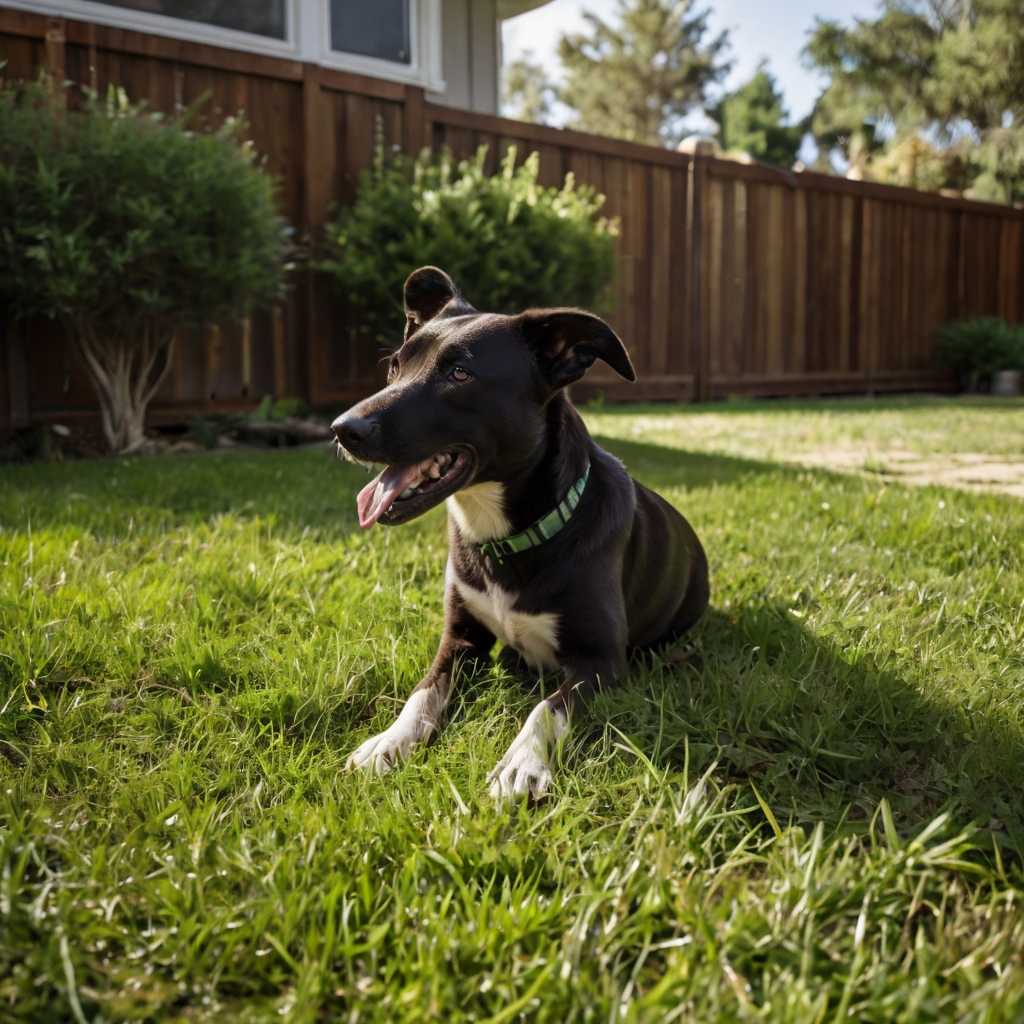Discover the real reasons why your dog eats grass and whether it’s a sign of a health issue or natural instinct. Vet-backed insights for concerned pet owners.
Why Does My Dog Eat Grass? Understanding This Common Behavior
If you’ve ever asked yourself, “Why does my dog eat grass?”, you’re not alone. Many dog owners notice this behavior and wonder whether it’s normal, harmful, or a sign of something deeper. While it might seem odd, grass-eating is actually quite common in dogs, and it’s usually nothing to worry about—though there are some situations when you should pay closer attention.
In this article, we’ll explore why dogs eat grass, what it means for their health, and what you can do if the behavior becomes excessive.
Is It Normal for Dogs to Eat Grass?
Yes, it is! According to multiple veterinary studies, up to 79% of dogs have been observed eating grass at some point. It’s so frequent that veterinarians generally consider it a normal dog behavior, unless it’s accompanied by vomiting or other symptoms.
Common Reasons Why Dogs Eat Grass
1. Natural Instinct
Dogs are omnivores by nature. Their wild ancestors often consumed plant matter, including grasses, as part of their diet. So, your dog might simply be following instinct.
2. Dietary Fiber
Some dogs may crave more fiber in their diets. Grass contains roughage, which can aid digestion and help dogs eliminate waste more efficiently.
3. Stomach Discomfort
One popular theory is that dogs eat grass to induce vomiting when they’re feeling nauseated. However, this isn’t always supported by evidence. Only about 25% of dogs that eat grass actually vomit afterward.
4. Boredom or Anxiety
Dogs with little mental stimulation or those left alone for long periods may eat grass out of boredom or stress. This is more common in high-energy or intelligent breeds.
5. Enjoyment or Taste
Believe it or not, some dogs just enjoy the taste or texture of grass. They may especially prefer moist, fresh blades during certain seasons.
Should You Be Concerned?
Grass eating is usually harmless, but you should monitor your pet for any of these signs:
- Vomiting more than once after eating grass
- Lethargy or behavioral changes
- Loss of appetite
- Frequent grass consumption (every day or multiple times a day)
In such cases, consult your veterinarian to rule out medical conditions such as gastrointestinal issues or parasites.
✅ Important: Avoid letting your dog eat grass treated with pesticides or fertilizers, as this can lead to poisoning.
When to See a Vet
You should take your dog to the vet if:
- They vomit repeatedly after eating grass
- The behavior is compulsive
- Grass eating is accompanied by diarrhea, weight loss, or lethargy
A vet might recommend tests or adjust your dog’s diet to ensure they’re getting enough nutrients.
How to Reduce Grass Eating
✔️ Offer a Balanced Diet
Ensure your dog’s food includes the right balance of fiber, protein, and fat. You might want to consult your vet about switching to a high-fiber dog food.
✔️ Increase Mental Stimulation
Provide puzzle toys, training games, or more walks to help combat boredom.
✔️ Train with Positive Reinforcement
Use commands like “leave it” and reward your dog when they ignore grass during walks.
Related Questions (Zero-Click Friendly)
- Is it dangerous for dogs to eat grass? Not usually, unless the grass is chemically treated.
- Do dogs eat grass because they’re sick? Sometimes, but it’s not always the case.
- Should I stop my dog from eating grass? Only if it’s excessive or causing health problems.


1 comentário em “Why Does My Dog Eat Grass? Understanding This Common Behavior”